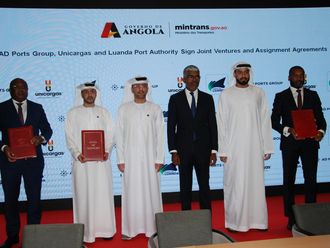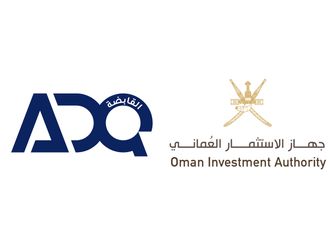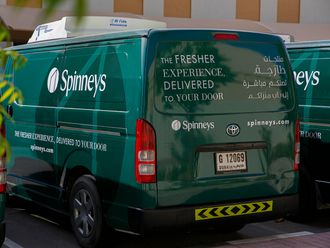Shanghai
A little-known Chinese-backed venture in Germany is emerging as a listing venue for mainland companies seeking to expand in Europe.
Appliance maker Qingdao Haier Co. plans to list up to 460 million shares on the Frankfurt-based China Europe International Exchange this year, becoming the first Chinese company to offer what’s known as D-shares. Qingdao’s planned issue size suggests it’s aiming to raise about 1 billion euros ($1.2 billion), a strong vote of confidence in what’s been a largely ignored project between bourses in China and Germany.
A joint venture between the Shanghai Stock Exchange, Deutsche Boerse AG and the China Financial Futures Exchange, Ceinex has struggled to attract investors since it started in 2015, with average daily trading of 16.6 million yuan ($2.6 million) as of March 31. It has 70 securities, mostly exchange-traded funds, available on Deutsche Boerse’s venues. Ceinex has said it’s trying to attract Chinese businesses, and that Haier’s listing could come as early as July. Liquor distiller Kweichow Moutai Group Co. said last year that it plans a D-share listing of one of its units but didn’t give timing.
Having Chinese companies list in Frankfurt could help change regional perceptions, according to Lars-Gerrit Luessmann, partner at law firm Taylor Wessing.
“Creating trust is certainly one of the reasons why Chinese companies are considering this step, because there is enough money in Asia,” he said. “You want to show the market that you can play by its rules, and that as a buyer and business partner you are transparent and trustworthy.”
There are several hurdles facing D-share listings. Stefan Mueller, chief executive officer of the German Institute for Asset and Equity Allocation and Valuation, said a lack of transparency in Chinese corporate governance may deter investors, while Wu Kan, Shanghai-based fund manager with Shanshan Finance Co., said that a dearth of liquidity in Ceinex listings is likely to be an obstacle.
In a statement about Haier’s planned D-share listing last month, Ceinex said it offers international investors access to trade and invest in high quality Chinese companies. A spokesman for Deutsche Boerse said D-share listings are bound by capital market rules applicable in Germany or the EU.
Favoured destination
Europe has been the biggest region for Chinese companies’ outbound investment in the past five years through, according to data compiled by Bloomberg. Of the $660 billion of overseas acquisitions in the period, deals in Europe totalled $219 billion, while North America accounted for $160 billion.
Some high-profile deals in Europe have run into political obstacles: The plan by Midea Group Co., one of Haier’s biggest rivals, to take over robotics maker Kuka AG two years ago was opposed by government officials, though the German Economy Ministry ultimately cleared the deal. Zhejiang Geely Holding Group Co.’s purchase of a 7.3 billion euros stake in Daimler AG this year also caused a stir locally, and sparked questions from financial regulator BaFin.
“The planned D-share offering will help us increase our brand visibility in Europe,” Haier securities department spokesman Xing Xiaoming said in an emailed response to questions. “We will expand our business activities in Europe afterwards through both organic development and complementary M&A.”












